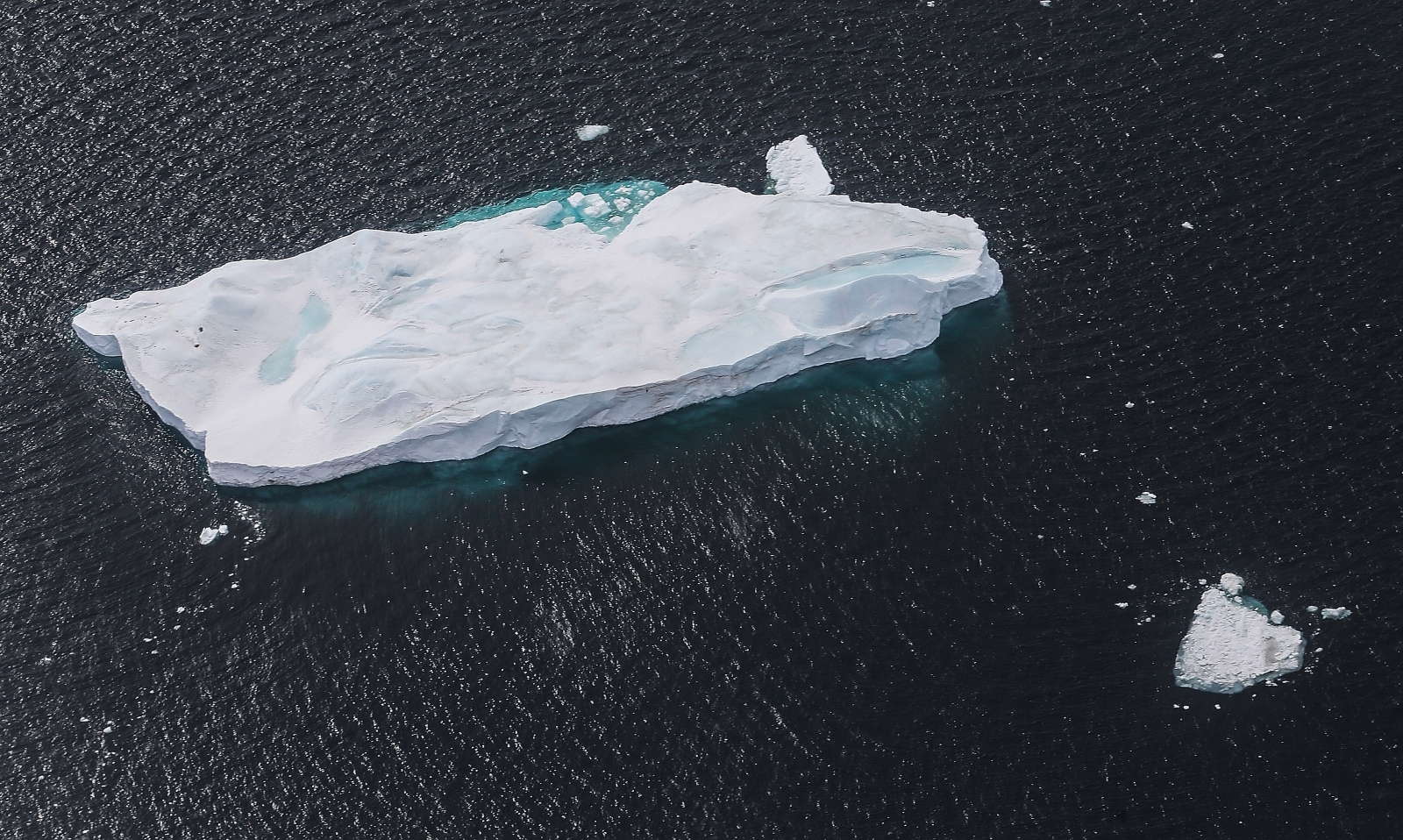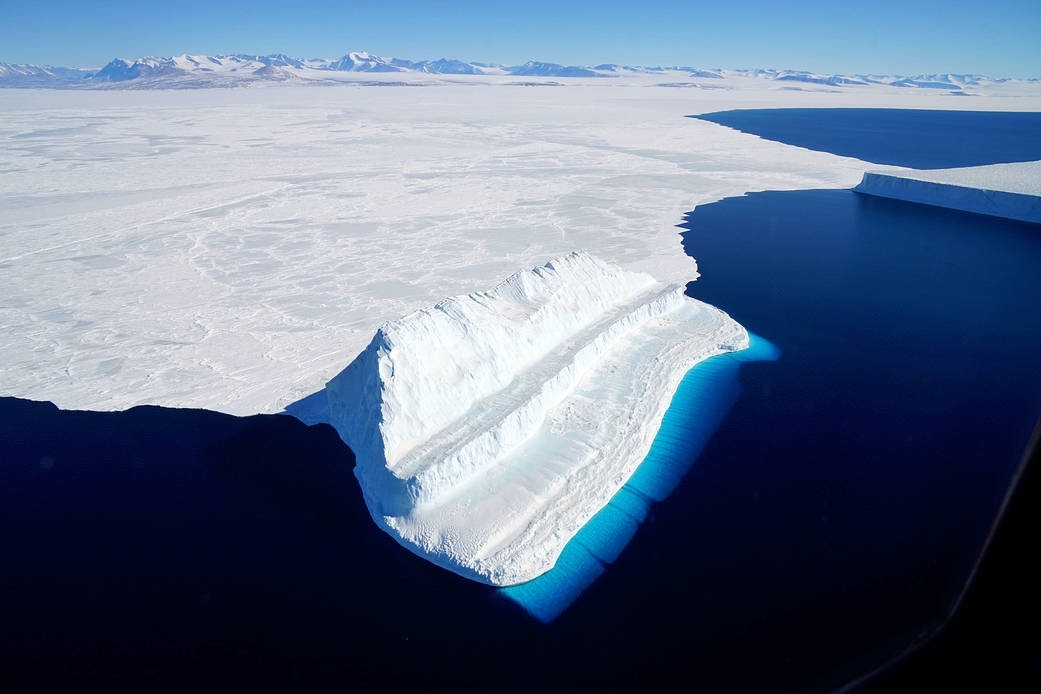World's largest wildlife reserve in Antarctica 'five times the size of Germany' to protect marine life
Greenpeace has decided to petition governments and is collecting signatures.



Greenpeace, stirred by a proposal from the EU, has started a campaign to cordon off 1.8 million sq km of Antarctic seas from all forms of fishing in an effort to protect wildlife in the region.
The campaign will go on until October, where this proposal will be placed before the conference of the Antarctic nations, reports The Guardian. The area of 1.8m sq km will cover seas, five times the size of Germany, covering the Weddell Sea and the Antarctic Peninsula, notes the report.
This region is known for its large biodiversity as well as industrial-level fishing of krill, which are small crustaceans that live in the ocean. Krill serves as food for a variety of sea creatures including whales, seals, and penguins. By competing with these animals, humans are decimating their food source.
Will McCallum, of Greenpeace's new Protect the Antarctic campaign, said, that "the next few years are absolutely essential for the future of our oceans and we are in desperate need for governments to come together and do what is best for these amazing ecosystems".
The idea to create a protected reserve in this region was originally put forward by the EU, and several countries including the UK have already showed support, notes the report. A similar decision to create a no-fishing zone in the region, known as the Ross Sea proved to be successful.
Russia, China, Norway and South Korea are major players in the krill fishing industry and this proposal will require the backing of these nations as well. "World leaders shouldn't allow an ocean wilderness to be exploited by a handful of companies. In the 1980s it took a global movement to protect the Antarctic's land. Now we need to protect its oceans," said McCallum.
Greenpeace will start a three month expedition to the Antarctic to study the region and garner support for their campaign. They are looking for 200,000 supporters and at the time of writing, they had already gained over 196,000 signatures.
The campaign has been addressed to Minister Alan Duncan and the UK government with the petition.





















